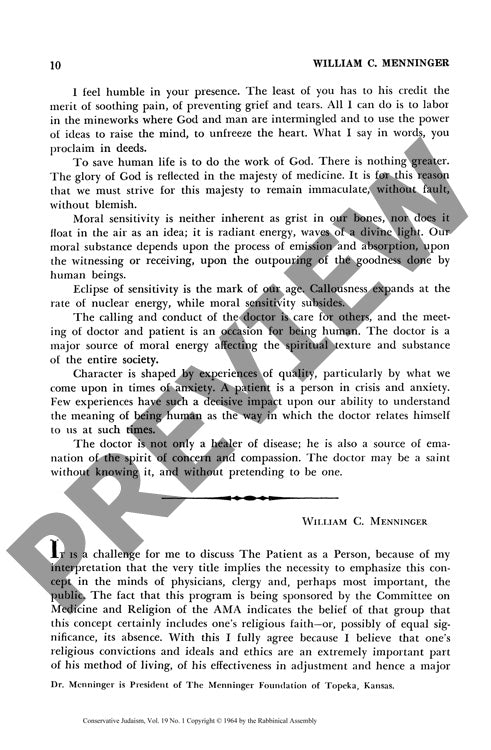The Patient as a Person
Couldn't load pickup availability
When medical professionals treat patients solely as collections of physical symptoms, they miss crucial dimensions of healing and recovery. Drawing from extensive clinical work at The Menninger Foundation, Dr. William C. Menninger demonstrates how traditional medical education's narrow focus on physical pathology fails to address the complex reality that 50-75% of patients seek care without identifiable organic disease. Through a comprehensive three-part diagnostic framework integrating physical, social, and psychological evaluations, practitioners can better understand the whole person behind the symptoms. The approach incorporates detailed inquiry into patients' life priorities, social responsibilities, time management, personal development, and spiritual experiences. Systematic collaboration between physicians, psychiatrists, and clergy at the Foundation has revealed that patients' religious faith, emotional maturity, interpersonal relationships, and frustration tolerance significantly influence health outcomes. These findings support a paradigm shift away from the traditional mind-body dichotomy toward an integrated model of care that encompasses the complete human experience, highlighting the therapeutic value of partnerships between medical and religious practitioners. The evidence suggests that effective medical practice must evolve beyond purely physiological treatment to address psychological, social, and spiritual dimensions of patient care.

More Information
-
Physical Description
-
Publication Information
Published 1964
ISBN
-
Publication Credits
William Menninger

